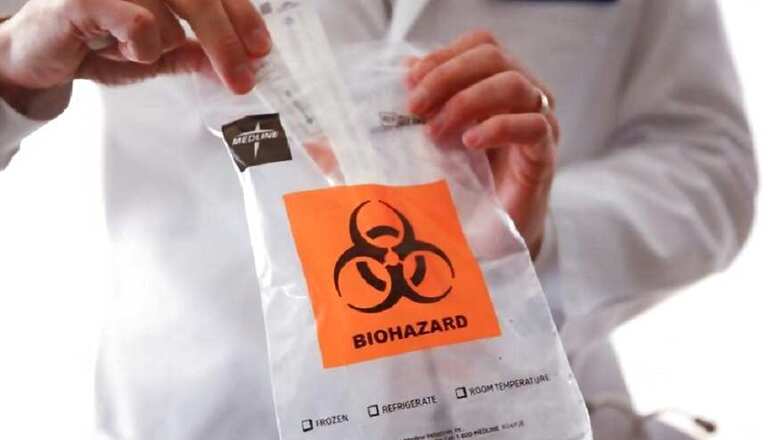
views
As the coronavirus pandemic continues to ravage, one has too constantly monitor individual health. If you have a fever and other symptoms related to coronavirus, then self-isolation is a must. If the symptoms persist contact the nearest healthcare facility or the Covid-19 helplines.
To confirm if a person has been infected with novel coronavirus (SARS-CoV-2), doctors perform a specialised test.
The medical team collects the swab of your nose, or both your nose and throat, for a clinical test. This sample is then sent to different labs that are eligible to perform the coronavirus test.
Another test is nasal aspirate, where the lab injects a saline solution into the nose which is removed with gentle suction. In tracheal aspirate, a thin and lighted tube goes into the lungs to collect the sample.
Sputum is the mucus that can also come out when you cough. In a sputum test, healthcare workers collect the sputum when it is coughed out or a sample is taken from the nose with a swab.
Another way to confirm if a patient is coronavirus positive is through a blood test. The blood sample is tested through a specialised gene sequencing test.
The collected samples are studied for the virus either through a larger test or through gene sequencing. The second process is also known as the polymerase chain reaction (PCR) test.
Once the test comes positive, the infected person is treated accordingly. These patients are kept in medical observation, whereas those who came in contact with the person are kept under quarantine.
However, a test can often come negative in the first time, in case the swab misses the virus. To confirm the result, doctors perform a second test. As of now, there is no confirmation about the point during the course of infection when a test becomes positive.



















Comments
0 comment